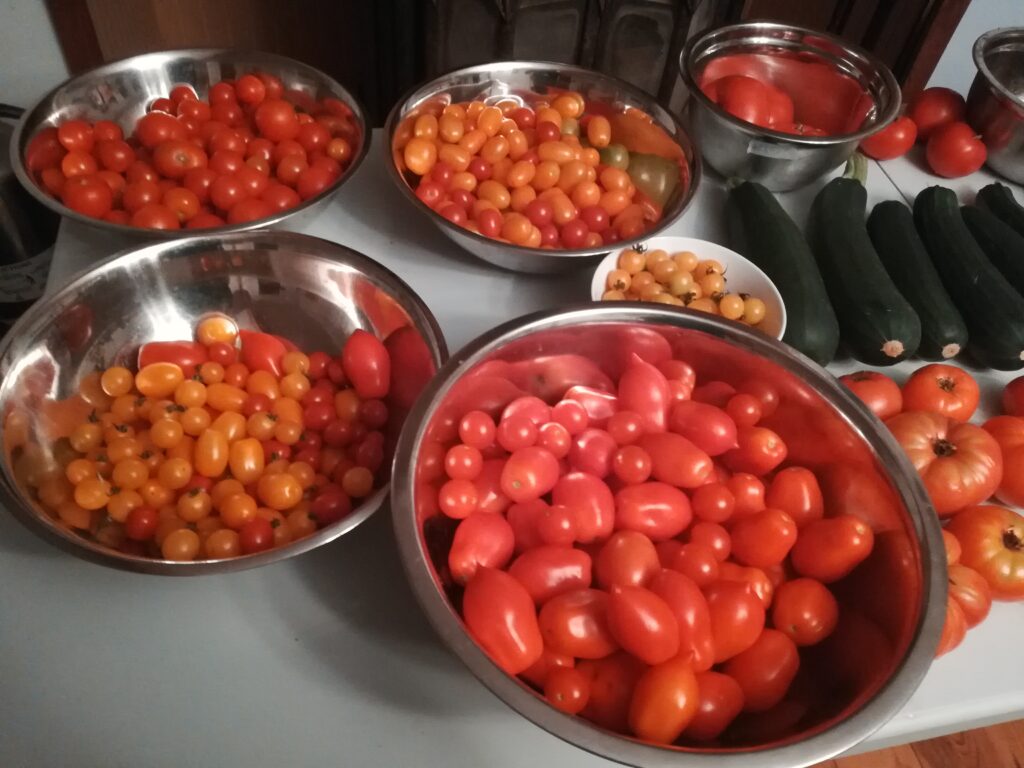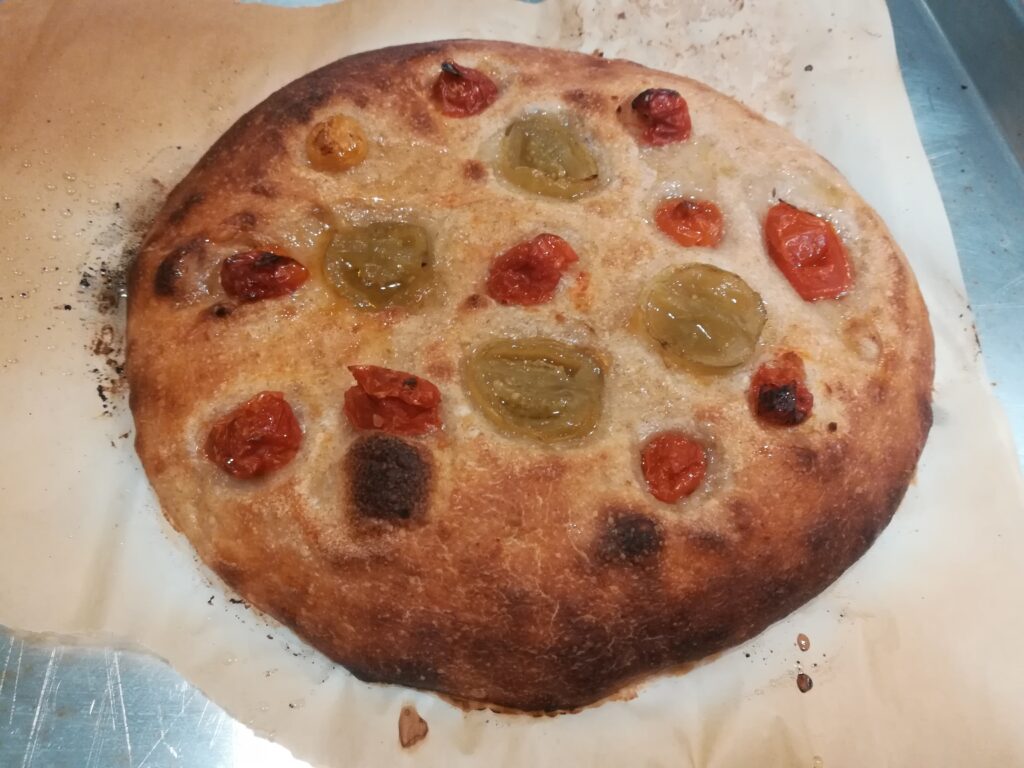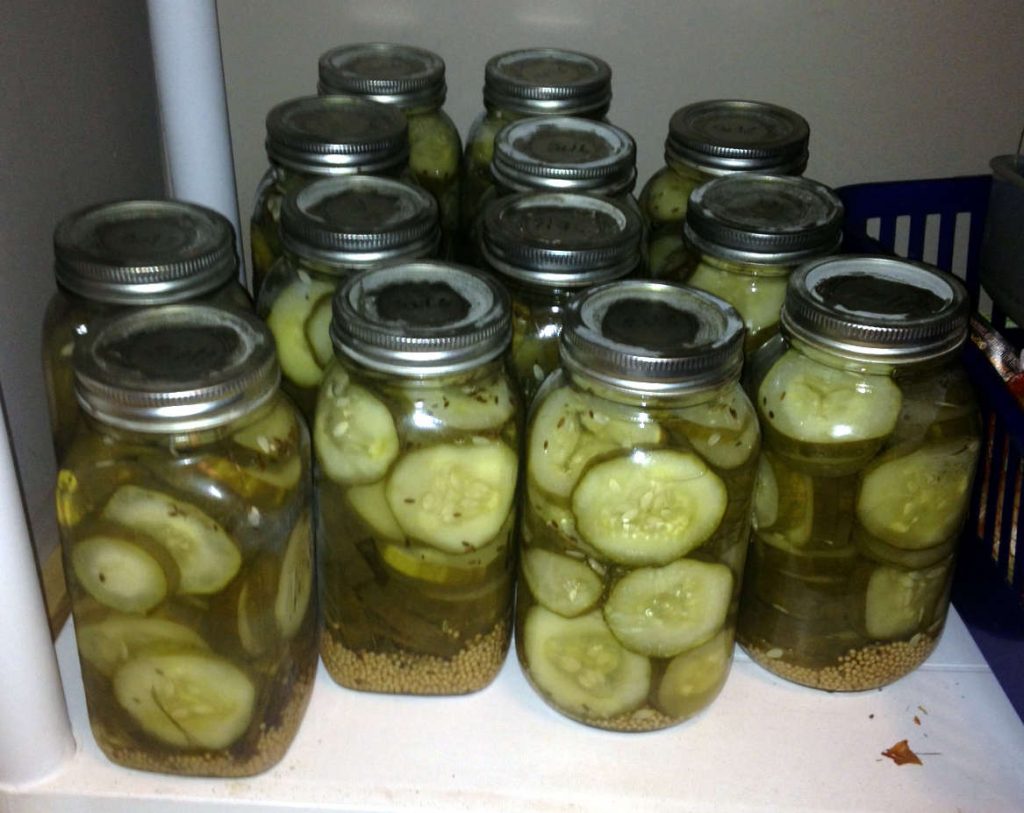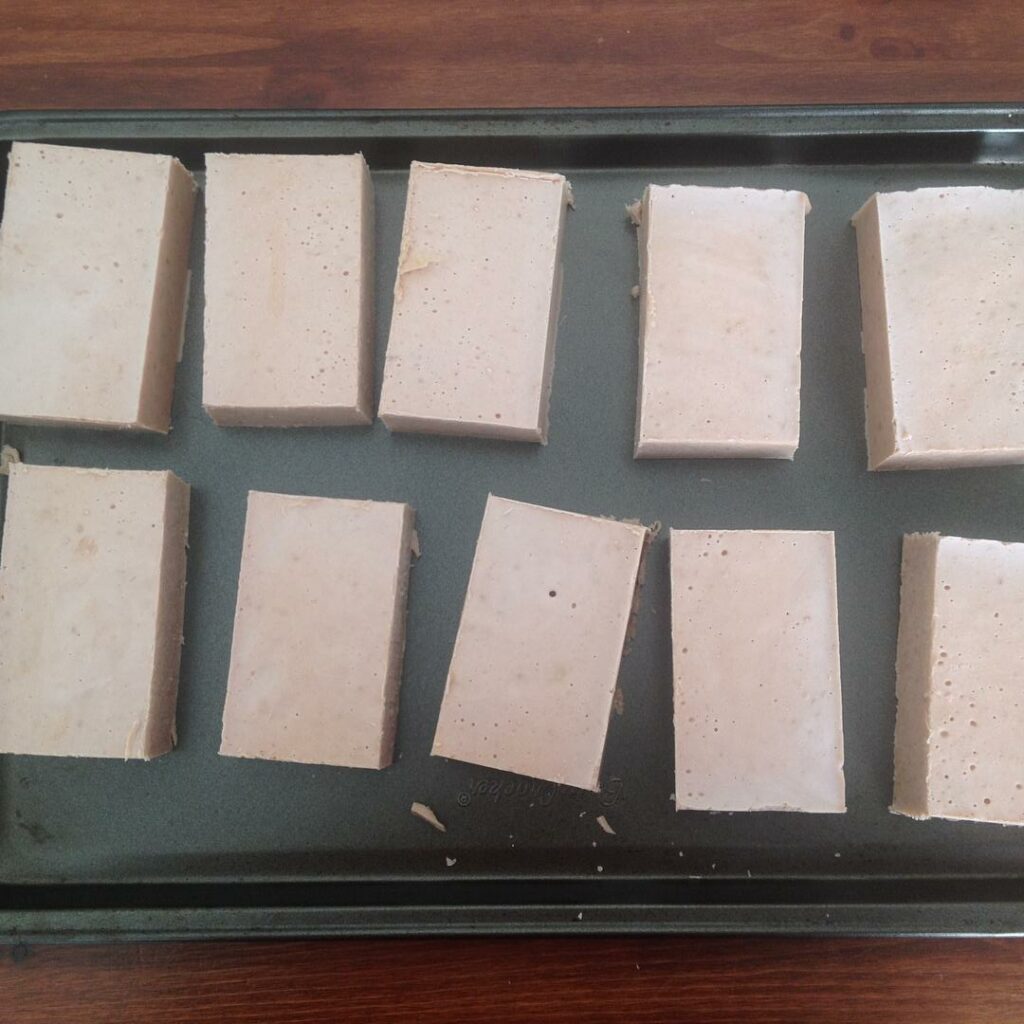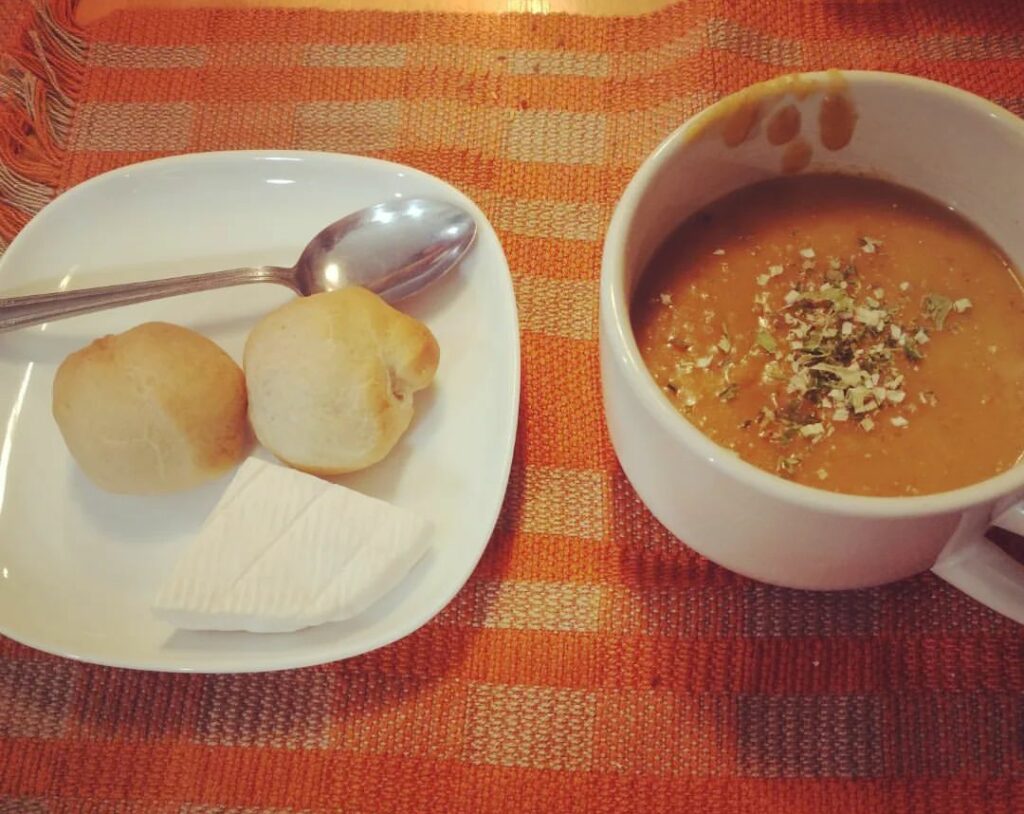My philosophy for life, business and homesteading
I’ve started out my business less than a year ago, freelancing and now attempting to build out a few SaaS ideas, but I’ve been a homesteader for many years. Homesteading has been instrumental in shaping my current business philosophy.
When you’re homesteading, you’re doing many things yourself that most people would instead buy, such as growing vegetables and making your own bread.
It may not be cost-effective at a glance, but when you’re homesteading, you’re investing your time to get a good return in various products for your household, instead of selling your time outside and buying products with after-tax dollars. It’s creating money like a business!
I’m in for the good food and for the fun of making, but having a baseline level of efficiency is important. It’s a way of life that can easily eat up all your spare time with all those small projects and various side quests, so might as well make the most of it.
Here are the lessons homesteading has taught me:
Do What Makes You Unique
The really fun part about a vegetable garden is that you can try to grow things that no money can buy. I don’t aim to be a big business and have all the same boring vegetables they have in the grocery store.
For example, I generally have around 15 varieties of tomatoes of various sizes and flavors that I can eat fresh from the vine. Most of them you’ll never see in a grocery store since they don’t keep well and the supply chain can’t handle them.
Even vegetables have their own tiny niche markets. Nobody would know what to do with yard-long beans or mustard greens at the local store, but we eat them regularly at home and we think they taste fantastic.
Stack Purposes
With a kid, a homestead and a business, that perfect 2-hour morning with meditation, journalism and a little detour at the gym is clearly not in the cards. If I want to relax a bit, I’d rather just garden: I get calm time, exercise and quality food out of it. The gym would have to pay me to go there to compete with this!
Even just cooking food has lots going for it: I get to create something from the ingredients I have on hands, and it’s an excuse to get out of my chair and work with my hands. It’s also simpler than buying premade food since I don’t have to deal with going out, or with ordering food and have half my order missing (like leaving out the pizza in a pizza with fries order…).
Stacking purposes is good for tools and supplies too. I have a large pantry, but it’s mostly ingredients in there, not store-bought sauces and cookies. I can combine those to create most of the common meals we eat, and many new recipes, since those are in fact a carefully curated collection of building blocks* that can be recombined for many purposes.
* And a few duds that I bought wanting to try out something new. They can multiply like domain names if you’re not careful.
Work In Batches
With the large pantry also comes bulk purchasing. It’s not only good to save money; it’s also a time saver. I’m rarely worrying if I’m out of flour or rice, and have to handle resupplying a lot less often than if I purchased one microscopic 1 kg package. Running out to get that missing ingredient is not my thing!
Gardening also forces you to handle large batches: most vegetables will have a big run at some point in the season where you need to process them. The pile can be impressive, but it’s saner to work this way than having to can only a few jars of each, each with their different recipe and setup. Just crank them out while you’re in the flow and move on to something else.
Have Systems
People have asked how I do all of those things myself at home with so little time, and the answer is systems. I have a specific way I’m doing things such as making bread or starting the right number of seedlings.
Sure, if those things were brand new to me it would take longer, but that’s the point: I figure out a good system for a task I want to do and run with it. In the building phase I may try out a few ways to do things, different recipes and such, but the goal is to eventually know where I’m going.
I have some reminders for things that need to be done at a specific time, but my list is not that big. I’m mostly driven by what’s needed at the moment : if we’re down to the last few bars of soap, now’s the time to kick off the soap making system!
Embrace Seasonality
There are routines that are there all year, such as cooking, laundry (and yes, freelancing clients), but many things in my life are seasonal.
In the winter, I’m mostly indoor and work on side projects, craft and cook in my spare time.
In the summer, I keep those running at a minimum and I take advantage of my spare time to go outside. While I keep my hands busy in the garden, I’ll load up on podcasts to I can fill my brain with new ideas and advice for the next winter.
It’s a lot better leaning into it than trying to fight it, and I’m always anticipating with pleasure the next season since it brings fun tasks I have not done in a while.
Life has seasons too: I have a toddler at home, and even going part-time I have less time to work than when I was working full-time and commuting! But he won’t be small forever and the time to enjoy it is now, not in an elusive future where everything will be perfectly aligned.

